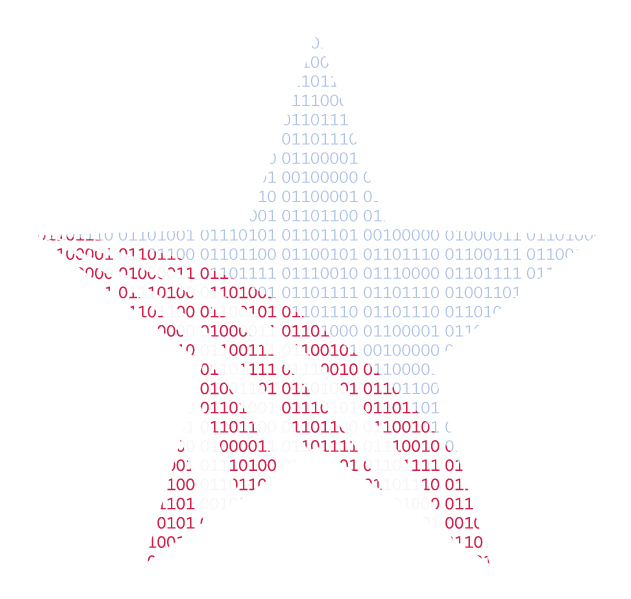
Because MCC values transparency, we spent the last year making careful improvements to our IATI data. We also worked closely with the State Department’s Foreign Assistance Dashboard to develop a USG XML format based on the IATI standard allowing MCC’s higher quality data to be published to the IATI Registry. We worked alongside other donors to try to figure out how IATI data can be linked with country budget information. We published our own IATI implementation schedule to inform our data users about our data definitions and future publication plans. And we put lots of time and thought into how to best represent our results within the IATI data standard. Because of all these efforts – and in spite of fierce competition – MCC was able to score above 85% and remain among the top three donors worldwide. It hasn’t been easy, and we are proud of this.
Yet as the ATI comes out in its 4th year in 2014, we are surveying the broader landscape and are concerned about the performance of the donor community as a whole. We are concerned that so many donors will fall far short of their Busan commitments, and concerned that data quality will therefore not improve to a point where country partners will find it useful. Among 68 donors ranked, only 15 score in the “good” and “very good” category. The average score in the Index this year is only 39%. Clearly, major progress will have to be made by the end of 2015 to deliver on the promises of Busan.
In this context, people ask us all the time what’s the way forward? Setting aside some peculiarities that make it easier for MCC to do this (as a young, small agency with transparency in our DNA), here are a few of the things we have found most useful:
- Demonstrate political will and leadership on transparency at all levels – so staff are incentivized to work hard at solving the multitude of problems that will inevitably come up;
- Give a strong mandate to a small team that includes policy, data analyst, technical and finance staff – so that together they can resolve most of the issues and tee up the important points effectively for senior staff decisions;
- Don’t try to build a single system to meet IATI reporting requirements – instead develop a strategy for continual progress. Think through how you can pull data for each of the required fields from existing systems, and use your tech people to link them up into your XML output. Start with the fields where you already collect information and work steadily on improving quality of this data. Then make plans to do what’s required to collect and report on additional information over time;
- Keep talking to stakeholders and data users to better understand – and to stimulate – demand; and finally…
- Open up your data to your own staff – leverage IATI efforts to build more robust internal systems to share and use data. As staff see the benefits to their own work, support for the work of data teams will grow, and internal demand will make the system sustainable.
MCC will soon be launching a Principles into Practice paper detailing these and other lessons from our work on transparency and accountability. We hope many of you will join us in upcoming conversations so that we can learn together how to move this field of practice forward. We believe that it is possible for donors worldwide to jump forward in 2015, and we look forward to doing our part to help to drive the broader agenda for transparency.

